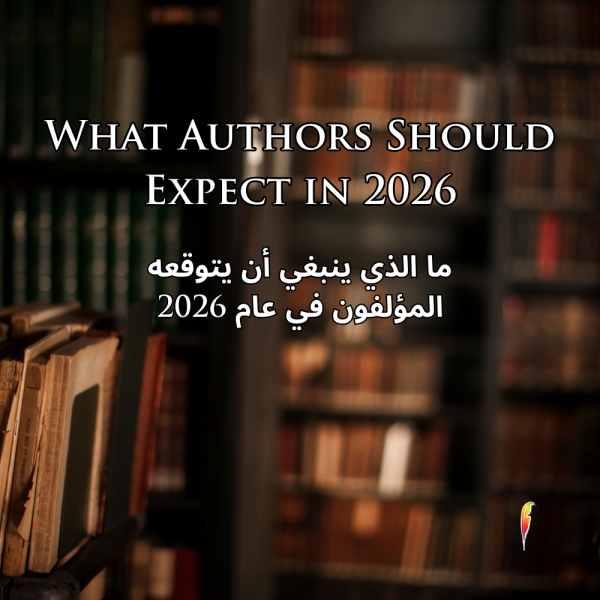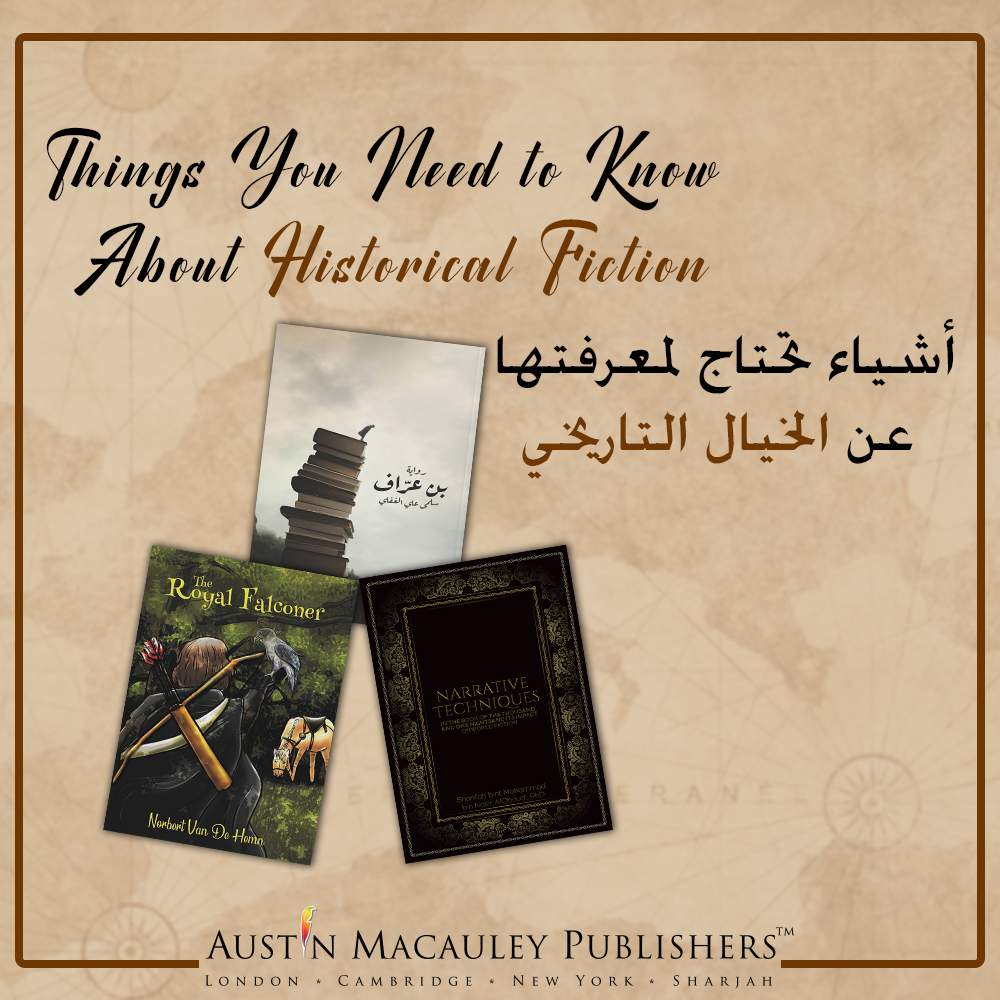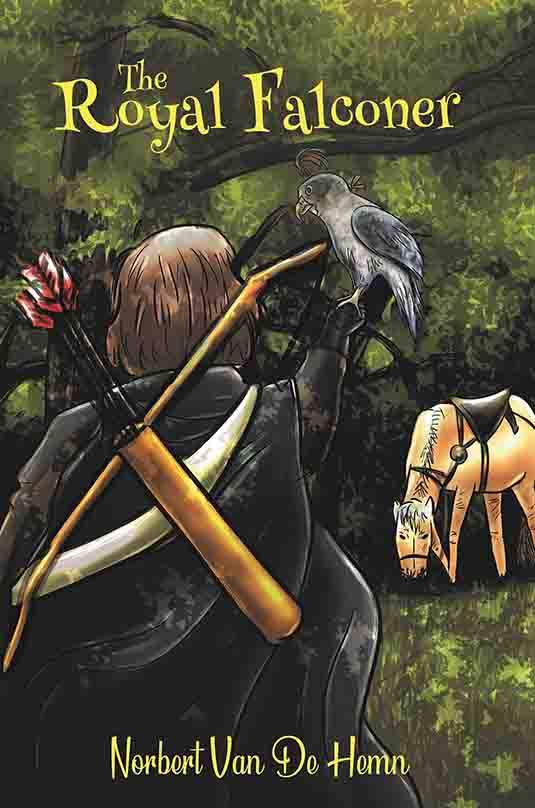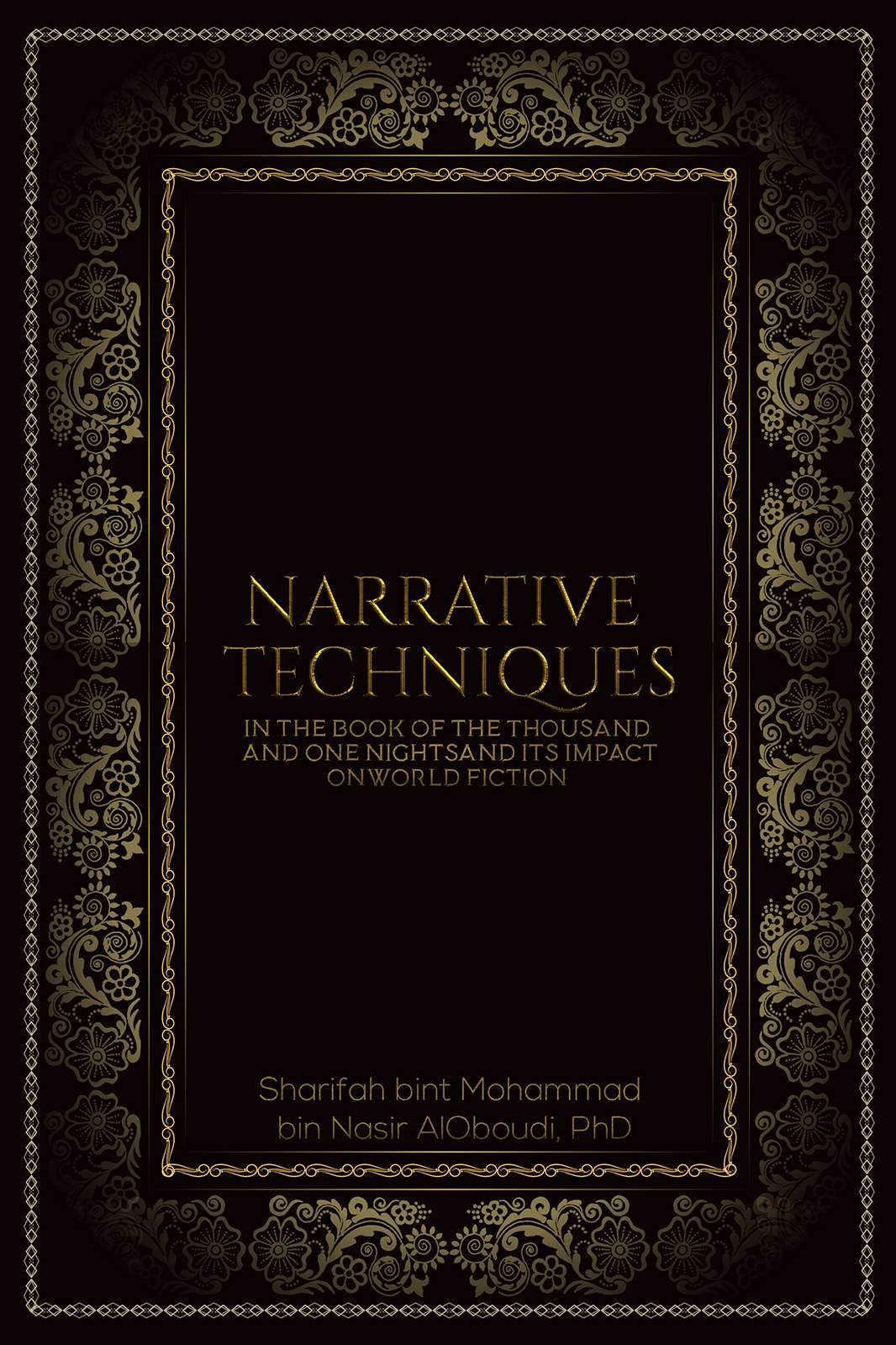Human beings have always been connected to their past in one way or another. The quest to stay connected with our history has given birth to the genre of historical fiction. This genre, with its imaginative powers, cast a spell on its readers. Whether it’s the pre-pharos era, the evolving medieval period, or the modern tech-inspired fast life, homo sapiens (the scientific name for humans) have always possessed a curiosity to dig deep into their past. Resultantly, historical fiction became one of the topmost read genres.
What Exactly is Historical Fiction?
You must be wondering what this genre is all about? Is it based on real events or fictitious? Let’s take a plunge.
According to Dictionary.com, historical fiction is defined as:
“The genre of literature, film, etc., comprising narratives that take place in the past and are characterized chiefly by an imaginative reconstruction of historical events and personages.”
Let’s make it simpler.
Historical fiction must be based on events, figures, or places set in the past. Among many good things about this genre, the best thing is, you can add your imaginative elements to the main plot as much as you wish. It doesn’t necessarily need to be all true; that’s why there is reason to call it fiction.
The Origin and History of the Historical Fiction
1. Classic Chinese Historical Fiction
The history of writing historical prose dates back to the Chinese classic book, Romance of the Three Kingdoms, which was set in the 3rd century. Chinese historical fiction concerning the 7th century to 16th century dominated the world of literature. Their other famous classics, Water Margin and Journey to the West are also based in the distant past.
2. Classic Greek Historical Fiction
Classical Greek authors were also famous for their historical fictional work. The most popular classic book, The Tale of Genji, was written before the 11th century.
3. Classic Arabic Historical Fiction
The popularity of historical fiction didn’t only remain confined to the West, but it also fanned out the warm Arabian deserts. The Lebanese author, Jurji Zaydan, became a prolific historical fiction writer. His 23 books of the same genre played an important role in shaping the historical perspective of modern Arabs. Jurji influenced the minds of people and educated them about their history. Among his books, Fleeing Mamluk and Virgin of Quraish are the most popular ones.
4. Modern Historical Fiction
Modern historical fiction, with its foundation in the early 19th century, became widely read. The credit goes to the Scottish author, Sir Wales Scott, whose literary masterpieces are incredibly famous among European readers.
In the 21st century, historical fiction is in its blooming phase. A number of established and new writers are on their paths to success.
What are the Subgenres of Historical Fiction?
Like any other genre, historical fiction also has its own subgenres. Let’s have a look.
1. Historical Mystery
This thrilling subgenre is based on crimes or murders committed in the distant past. A special name given to this subgenre, historical whodunit, is now widely known and accepted by publishers and libraries. It took birth since the popular historical mystery novel, Cadfael Chronicles, by Ellis Peter.
The editor of the Publishers Weekly Keith Kahla states, “The historical mystery has become a critically acclaimed, award-winning genre with a toehold on the New York Times bestseller list.”
2. Historical Romance
Another prominent subgenre of historical fiction is historical romance. Over the years, it has always remained the most-read subgenre. The history of writing historical romance dates back to Georgette Heyer’s The Black Moth. Her famous novel, Regency, was inspired by Jane Austen’s novels.
3. Historical Fantasy
This historical fiction subgenre is also widely read. Many prominent writers have contributed to its success. Among them are David Gemmel, Julliet Marilier, and Poul Anderson. David Gemmel’s book, Greek Series, is based on the life of the great military leader, Alexander the Great. The plot has some historical events and elements of fantasy, especially supernatural powers.
4. Children’s Historical Fiction
This subgenre is quite popular among children because of the blend of history and fantasy that it presents. Often these books come in series to keep the imagination journey of children on track. Exploring different historical periods and figures is a peculiar trait of these books. American Girl and Magic Tree House series are some famous children’s historical fiction.
5. Other
Historical Fiction, because of its wide range of subgenres, has many contributions to literature. Some other subgenres include but are not limited to, historical gothic, meta-fantasy, comics and graphics, and documentary fiction.
Tips to Write Historical Fiction
Here are top tips on writing historical fiction:
- Research, research, and research. Get all the information and try to keep it accurate.
- Add fictional characters. Tap into your creative edge and add some influential fictional characters to your plot.
- Be careful about the language and historical details of different historical periods and cultures.
- Keep it interesting. Eliminate lengthy elements and dialogues from the book.
- Connect it with the modern age so readers can relate to it.
How Far Should a Writer Dwell into the Past to Write a Historical Fiction Book?
After having a good idea about historical fiction, this question must have clicked in your mind. Well, there are different parameters. Let’s see what experts say.
The Historical Novel Society draws the definition as “written at least fifty years after the events described”.
On the other hand, critic Sarah Johnson defines historical fiction as “set before the middle of the last [20th] century … in which the author is writing from research rather than personal experience.”
Contrastingly, Lynda Adamson states, the “generally accepted definition” for the historical novel is a novel “about a time period at least 25 years before it was written”
Now it’s up to you what definition you follow. After all, it’s all your brainchild.
Are There Any Awards for Historical fiction?
The good news is, there are awards of appreciation for the highly acclaimed novels. There are a number of literary awards dedicated to this wonderful genre of literature. Let’s have a look.
- James Fenimore Cooper Prize
- Walter Scott Prize
- Geoffrey Bilson Award
- Langum Prize for American Historical Fiction
- Michael Shaara Award for Excellence in Civil War Fiction
- Scott O’Dell Award for Historical Fiction
Tips for Choosing a Good Historical Fiction Book
The book should
- Fulfil the criteria of historical fiction
- Provide information that resonates with the true event of the past
- Present a perfect blend of history and fiction
- Skillfully unfolds events
- Provide easy to read information
What Are some of the Best Modern Historical Fiction Books?
Without any doubt, classic historical fiction books are masterpieces. However, over time, with language advancements, they have become difficult to comprehend. In such a situation, book lovers look for modern historical fiction books. We have come up with some of the best ones. Let’s have a look.
The Royal Falconer
This thrilling historical mystery book is set in the medieval period. The plot revolves around a Norman woman, who after the death of her husband sets on the journey back to her home in France. Little did she know that journey will turn into a nightmare. She gets subjected to conspiracy, theft, and finally a murder trial.
There comes a twist when the king’s royal falconer arrives. Will he prove her innocence or increase her miseries? To find out, grab a copy here.
Narrative Techniques in the Book of the Thousand and One Nights and its Impact on World Fiction
This must-have historical fiction book presents a critical analysis of the literary masterpiece, The Thousand and One Nights. This book has immensely influenced the world of literature. It also critically appraises metafiction and prominent Western fictionists. Further touching the legacy of the American critic John Barth, it also takes into account the work of other famous writers. Order your copy here.
Bin Arraf
This is an intriguing historical fiction novel about a girl named Alia. She embarks on a journey to Badia. Along the way, she sees different signs with hidden meanings. Let’s follow her on her path to curiosity and learning. Get your copy here.
Why Historical Fiction Is the Best Genre?
Unlike other genres, it keeps us connected to our golden history. A touch of fiction with history makes the far-gone eras more fascinating.
As Anais Nin says, “We write to taste life twice, in the moment and in retrospection.”
Here are the top five benefits of reading historical fiction.
- It educates us about our glorious past.
- It gives an in-depth insight into the minds who shaped the world.
- Some valuable and powerful lessons can be learned from these historical events.
- Familiarity with past events boosts our knowledge.
- It allows us to read about personalities who became beacons of the change.
We will sum up the discussion with the words of Antony Beevor.
“The power of historical fiction for bad and good can be immense in shaping the consciousness of the past.”
Austin Macauley is a leading book publishing company headquartered in the UK, US, and UAE. We are currently accepting manuscripts, and you can submit your manuscript to us for review. For online submission of the manuscript, click the Online Submission Form.
Get connected with us on our Facebook, Instagram, and Twitter.







